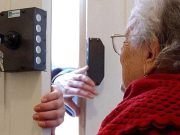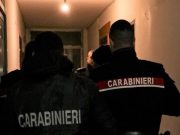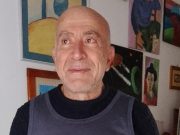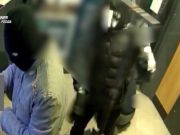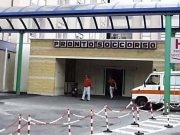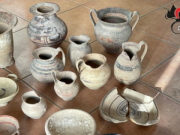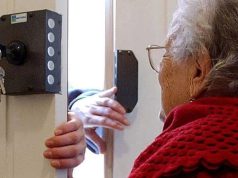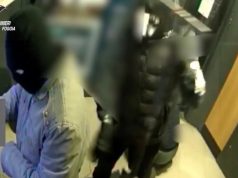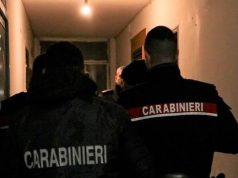“Rosetta ‘e monache’, the sister of Raffaele Cutolo, the founder of the Nuova camorra organizzata (Nco), passed away at the age of 86 in her home in Ottaviano. Cutolo, the head of the Nco, described his sister as a peasant daughter who had the misfortune of listening to him. Rosetta, with her icy eyes, was always known as the “spinster” in her village and never seen with a real boyfriend. Since her release from prison in 1999, she lived a closed and reserved life in Ottaviano. For the past two years, she had been meeting her fifteen-year-old niece Denise and her sister-in-law Immacolata Iacone, living as the second widow of a criminal brother who had marked her life.
Rosetta’s story is intertwined with that of Cutolo. Her story begins and ends with her brother, whom she admired. In a historic interview with Joe Marrazzo for Rai, Cutolo described his brother as a “good boy who, at the age of 19, had a misfortune that led him to prison.” The “misfortune” was the murder of Mario Viscito, who had the audacity to pursue Rosetta. Since then, Cutolo remained in prison, except for two interruptions, where he founded the bloody Nco at the request of the ‘ndrangheta family De Stefano, to counter the power of the Sicilian mafia in Campania. Cutolo was the boss, the “gospel,” in prison, while Rosetta, along with Enzo Casillo and Alfonso Rosanova, managed the affiliates, the extortion funds, and the orders of death. Rosetta claimed to have no contact with anyone and stated that she always stood behind her imprisoned brother to do good things and help the poor.
In Ottaviano, Rosetta received requests, even for votes for politicians, and managed a mass camorra with hundreds of affiliates. She appeared docile, understanding, and available, speaking on behalf of her powerful brother who gave orders from prison. Rosetta was accused twelve times of being a messenger of death orders and risked life imprisonment. However, she was always acquitted of these charges, such as the prison murder of Francis Turatello or the fatal ambush of the deputy director of Poggioreale prison, Giuseppe Salvia.
Cutolo always felt the strong influence of his four-year-old older sister and valued her opinions. When he considered collaborating with justice in the 1990s, he backed out after speaking with his wife and sister, who advised against it. Rosetta found relaxation in sewing, making doilies, and cooking. She also had a strong religious faith and prayed regularly. She eluded arrest twice, in 1981 and 1993, and during her first fugitive period, she was aided by the parish priest of Somma Vesuviana, Don Peppino Romano. Don Peppino was not only a confessor but also a friend, leading to false rumors. He was killed in January 1985, and his murderer was never identified.
Thirty years ago, on the advice of her brother, Rosetta decided to stop hiding and returned to Ottaviano. On February 8, 1993, she turned herself in to the police station accompanied by her lawyer Paolo Trofino. She had to serve a sentence of 9 years and 7 months but completed only six years due to good behavior. The director of Sollicciano prison appreciated her availability and kindness towards other inmates and entrusted her with a leading role in a play performed by incarcerated actors. Like her brother, Rosetta never collaborated with justice, perhaps keeping even bigger secrets.
The funeral of “Rosetta ‘e monache” was prohibited by the police for public order reasons. A private ceremony was held in Ottaviano, followed by cremation. After two years and eight months, “Rosetta ‘e monache” has joined her brother.”


